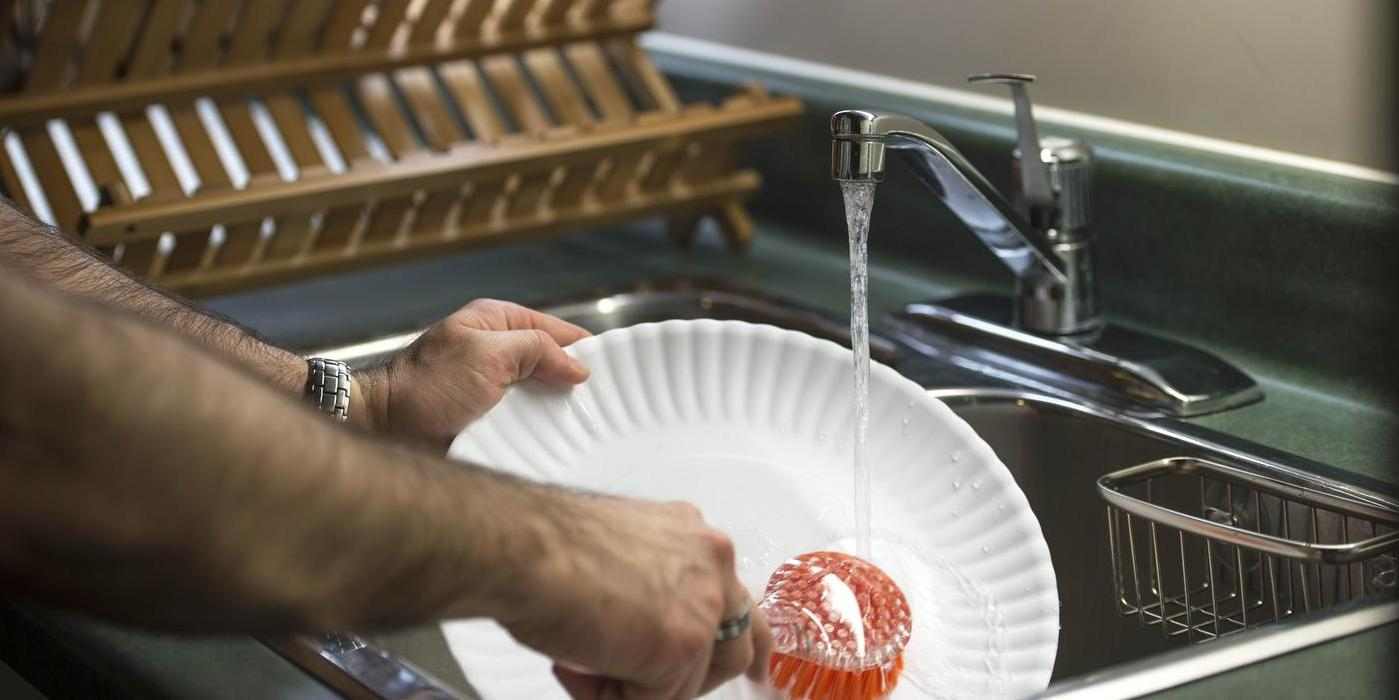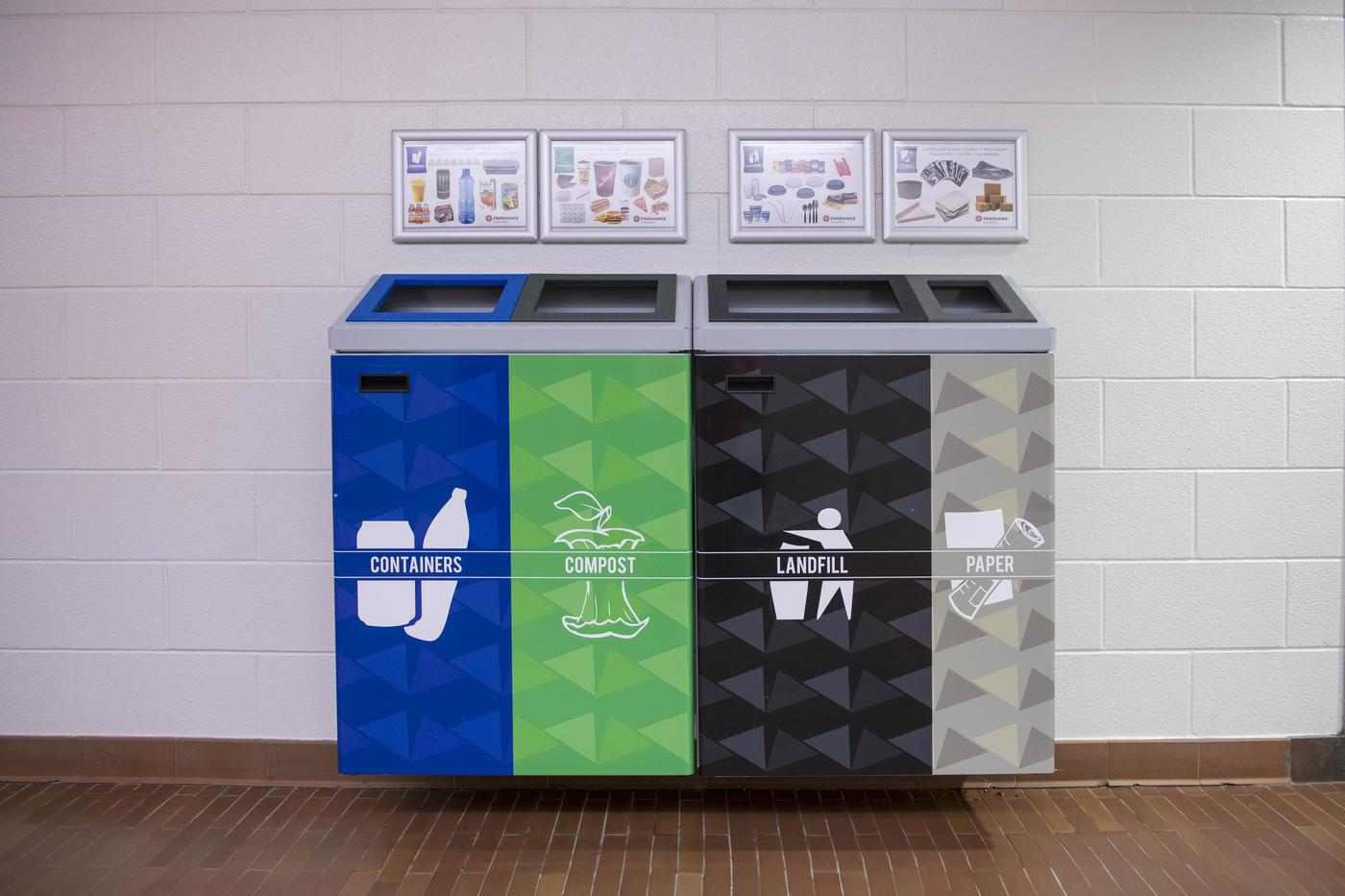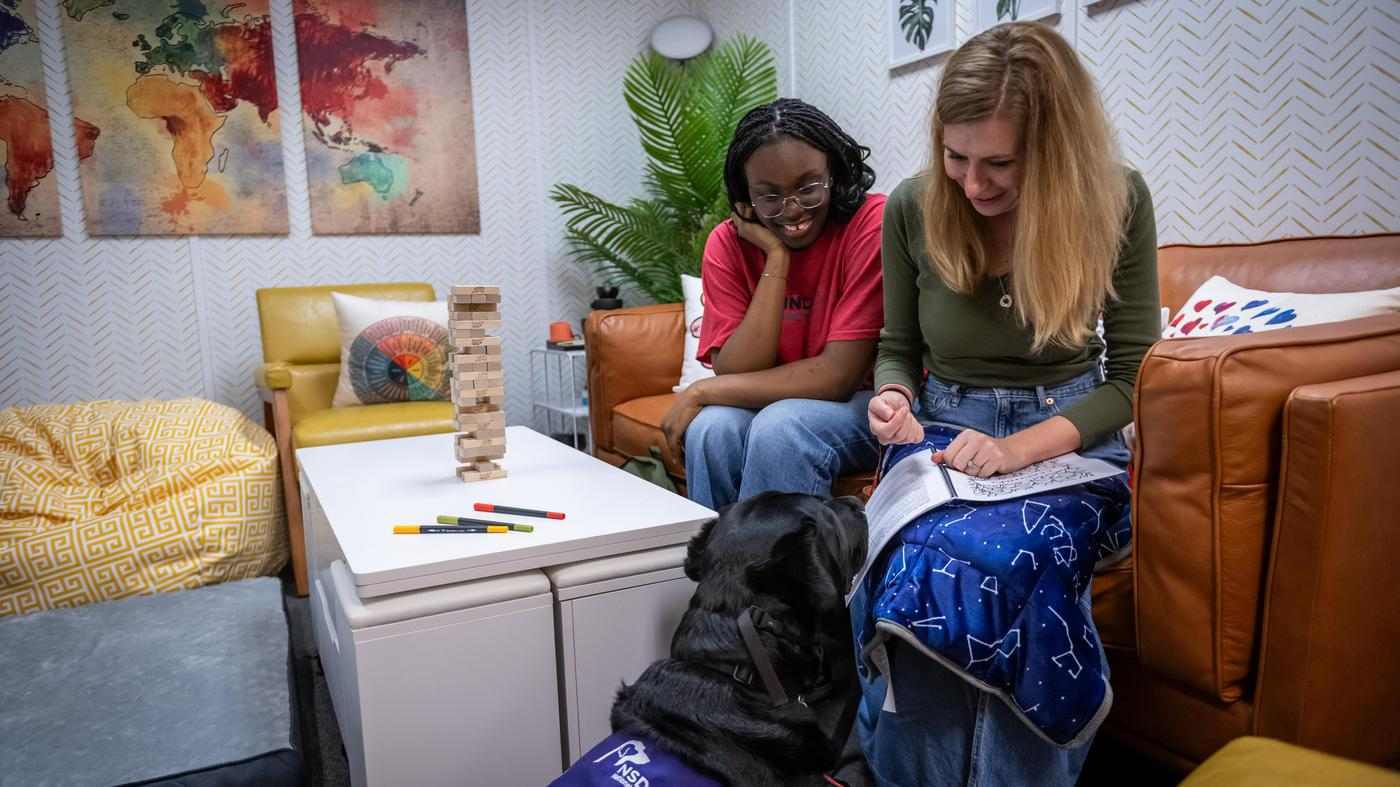This article was written in collaboration with Fanshawe’s School of Public Safety and Professor Kate Graham.
As the days get longer and the weather warms up, many of us turn our attention to spring cleaning — clearing out closets, garages, sheds, and basements to make room for a fresh season. But while you’re decluttering and deep cleaning, it’s important to remember that some household items may pose hidden risks.
Household hazardous materials
Many common items we come across during spring cleaning are considered hazardous materials. Improperly throwing them in the trash can lead to environmental damage, safety risks, and even higher waste management costs. Here are some examples of common household items that need to be disposed of properly:
- Half-used cans of paint
- Partly filled aerosol sprays, like hair spray or oven cleaner
- Lawn care products
- Batteries and electronics
Improper disposal of these items can create a multitude of unnecessary environmental and safety hazards, contaminate otherwise recyclable materials, and increase the overall costs associated with waste disposal.
So, how can you dispose of household hazardous waste safely?
Start by checking your local municipality’s website or downloading a recycling app. London has a hazardous waste depot and the Recycle Coach app. These tools make it easy to identify hazardous product depots, special recycling locations, and guidelines for safe disposal in your area. Not sure if something is hazardous? When in doubt, look it up before you toss it.
Earth Day clean-up safety
And with Earth Day around the corner, many communities are organizing clean-up events to help beautify parks and public spaces. Whether you're planning to participate or organize one, safety should always come first. Appropriate workwear, including long pants and sleeves, gloves, trash grab sticks and collection buckets can help keep participants safe and ensure a successful clean-up.
Spring cleaning is a great way to refresh your space — just make sure you do it safely. A few small steps can go a long way toward protecting yourself, your community, and the environment.
Learn more by listening to Professor Kate Graham's appearance on The Morning Show with Devon Peacock





